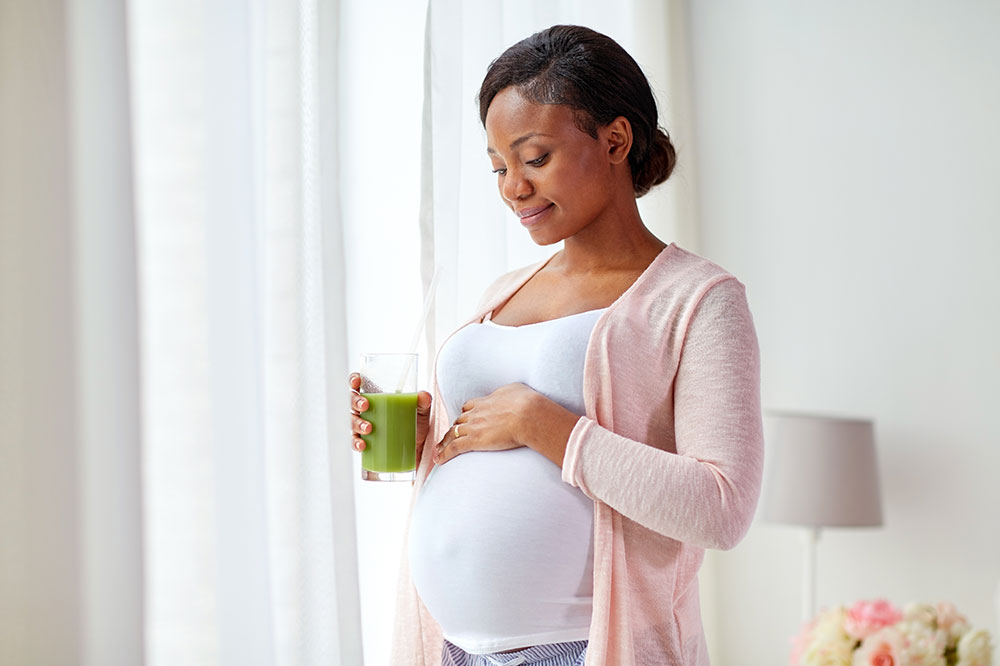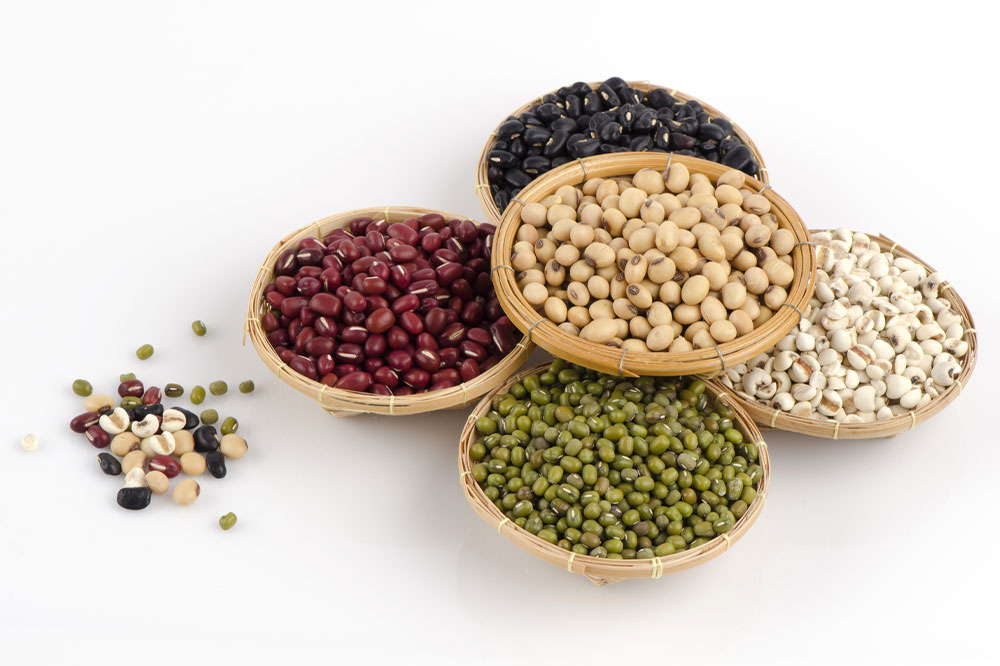Key Nutritional Tips for a Healthy Pregnancy
This article offers vital nutritional guidance for pregnant women, emphasizing balanced diets rich in folic acid, iron, calcium, and fiber. It highlights practical tips such as avoiding raw foods, limiting caffeine, and incorporating greens and high-fiber foods for optimal health of both mother and baby.

Key Nutritional Tips for a Healthy Pregnancy
Expectant mothers should prioritize increasing their intake of nutrients like folic acid, calcium, and iron. However, this doesn't mean eating twice as much. It's a common misconception that pregnant women need to eat for two. Instead, consuming a balanced diet filled with nutrient-dense foods that fulfill daily nutritional requirements is essential. Making mindful changes to eating habits ensures both mother and baby stay healthy. Here are important dietary recommendations for pregnant women.
Never skip breakfast
Breakfast provides vital energy to start the day and supports overall health.
Choose fortified cereals paired with fresh fruits for breakfast. These cereals are enriched with critical nutrients such as folic acid, iron, and calcium. Opt for low-sugar or sugar-free options. If morning sickness makes heavy meals challenging, start with whole-grain toast and enjoy small snacks later in the day.
Pick healthy snacks
Snacks should be light yet nutritious. Low-fat or fat-free yogurt with fruits makes a satisfying option. Whole-grain crackers with a small amount of low-fat cheese are also good choices.
Fresh raw vegetables like carrots and celery are excellent snack options during pregnancy.
Avoid raw meats and unpasteurized dairy products
Raw meats and fish can carry bacteria risky for mother and baby. Stick to pasteurized cheeses such as Brie, feta, and goat cheese. Raw or undercooked meats, sushi, and cold cuts that have not been properly heated should be avoided to prevent infections.
Reduce caffeine intake
Caffeine consumption during pregnancy should be limited. Replace with decaffeinated teas and coffees. Drinking sparkling or plain water is preferable to sodas. Alcohol must be completely avoided, as it poses serious health risks to the developing fetus.
Prioritize high-fiber foods
Eating fiber-rich foods supports digestion and reduces pregnancy-related discomfort. Include beans like kidney and black beans, alongside fruits and vegetables such as bananas, sweet potatoes, pears, spinach, and peas. Whole grains like oatmeal and brown rice are also beneficial.
Include dark leafy greens
Dark greens like spinach, kale, and broccoli are loaded with essential nutrients. They provide folate, iron, calcium, vitamins A, K, and C, along with antioxidants that strengthen the immune system.


